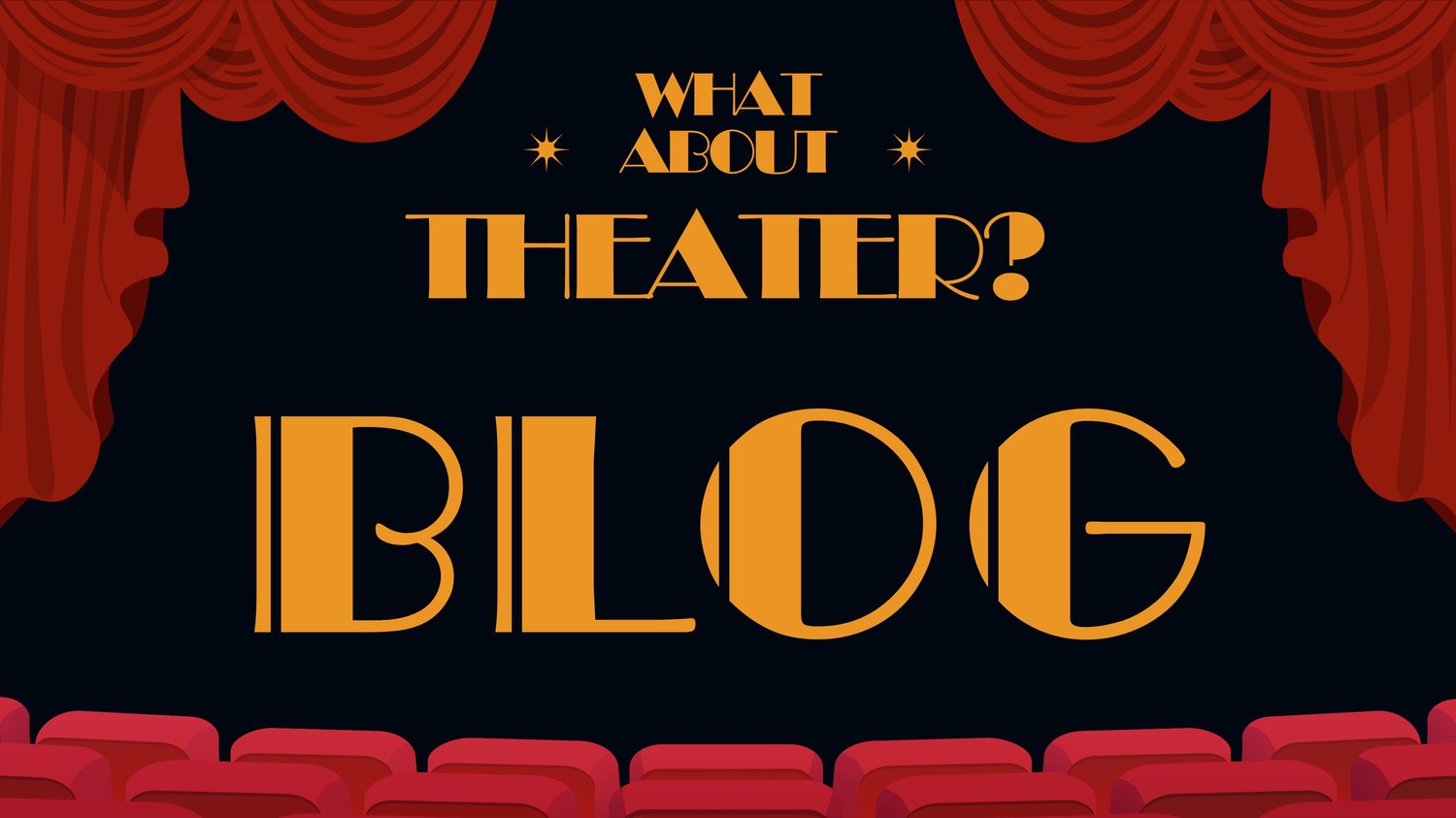The Golden Age of American Stage: Plays, Musicals & Operettas in the 1900s
The 1900s in America witnessed a thrilling transformation of theater. From vaudeville and operetta to the birth of the modern musical and powerful dramatic plays, this era laid the foundation for Broadway’s global influence.
🎭 1. Operettas & Early Musicals (1900–1919)
- Operetta fever: European imports, especially Gilbert & Sullivan’s comic operettas like H.M.S. Pinafore and The Mikado, were Broadway staples in the early 1900s yesterdaysamerica.commusicals101.com+2amtglennon.wordpress.com+2hhhistory.com+2. Viennese sensations like The Merry Widow (1907) sparked fashion frenzies and bolstered America’s appetite for operetta pbs.org+1musicals101.com+1.
- Victor Herbert’s homegrown flair: Composer Victor Herbert brought a uniquely American touch to operetta with hits like Babes in Toyland (1903) and Naughty Marietta (1910)—the latter involving songs that “actually figured into resolving the plot,” a rarity for the form pbs.org.
- Musical experimentation: Early book musicals by George M. Cohan and Jerome Kern reflected evolving tastes. Shows staged at the intimate Princess Theatre in the 1910s emphasized relatable characters and stories, contrasting sharply with elaborate European imports en.wikipedia.org+8musicals101.com+8musicals101.com+8.
2. The Rise of the American Musical (1920–1939)
- Ziegfeld’s revues: Florenz Ziegfeld’s Follies (1907 onward) offered dazzling song-and-dance spectacles, spotlighting stars like Fanny Brice and Will Rogers, and songs from George Gershwin and Cole Porter vermontpublic.org+6american_theatre.en-academic.com+6newworldencyclopedia.org+6.
- Jazz and social themes: The 1921 all-Black musical Shuffle Along, by Eubie Blake and Noble Sissle, marked a turning point—its jazzy score, integrated chorus, and true Black romance on stage captivated Broadway and helped reshape race relations and musical styles en.wikipedia.org+1time.com+1.
- Show Boat (1927): Jerome Kern and Oscar Hammerstein II’s magnum opus fused song and drama like never before. Tackling race, marriage, and heartbreak, it forever changed musical storytelling yesterdaysamerica.com+11hhhistory.com+11musicals101.com+11.
- Gershwin & Porter: The 1930s sparkled with wit and sophistication. Of Thee I Sing (1931) became the first musical to win a Pulitzer Prize. Porter’s Anything Goes (1934) introduced the powerhouse star Ethel Merman vermontpublic.org+2en-academic.com+2musicals101.com+2.
3. Dramatic Plays & Broadway Theater
- Shakespeare becomes staple: Venues like the Lyric Theatre revived classics—Hamlet, Othello, and Merchant of Venice were staged repeatedly between 1904 and 1914 en.wikipedia.org.
- Modern dramas emerge: While musicals dazzled, serious drama in the 1900s began reflecting social change—realism, naturalism, and issue-driven works gained ground.
4. Operettas’ Continued Evolution
- As musical theatre matured, operettas adapted. Composers like Sigmund Romberg created works such as Maytime (1918) and The Desert Song (1926), weaving musical charm with more dramatic narratives newworldencyclopedia.org+2en.wikipedia.org+2pbs.org+2.
5. Music, Race & Social Change
- Black theatrical voices: Beyond Shuffle Along, shows like Abyssinia (1906) tackled themes of justice and self-determination; pioneering Black musical theatre with dignity over stereotypes en.wikipedia.org+2en.wikipedia.org+2time.com+2.
- Breaking barriers: These works opened Broadway’s doors, showcasing Black talent both on stage and behind the scenes.
6. Why the 1900s Matter
- Innovation: Plot-driven musicals began integrating music, dance, and character.
- Diversity: African-American works claimed artistic legitimacy and mainstream success.
- Professionalization: Legendary figures—including Kern, Hammerstein, Porter, and Gershwin—emerged.
- Cultural legacy: This golden era shaped Broadway’s identity and influenced modern performance art.
🎬 Final Bow: Legacy & Influence
The early 20th century was a theatrical rebirth. Operetta gave way to musical comedy, which itself evolved into emotionally rich, socially relevant musicals. Dramatic theater matured alongside, while groundbreaking Black productions shifted cultural landscapes. Together, they laid the groundwork for Broadway’s ascent as the world’s theatrical capital.


